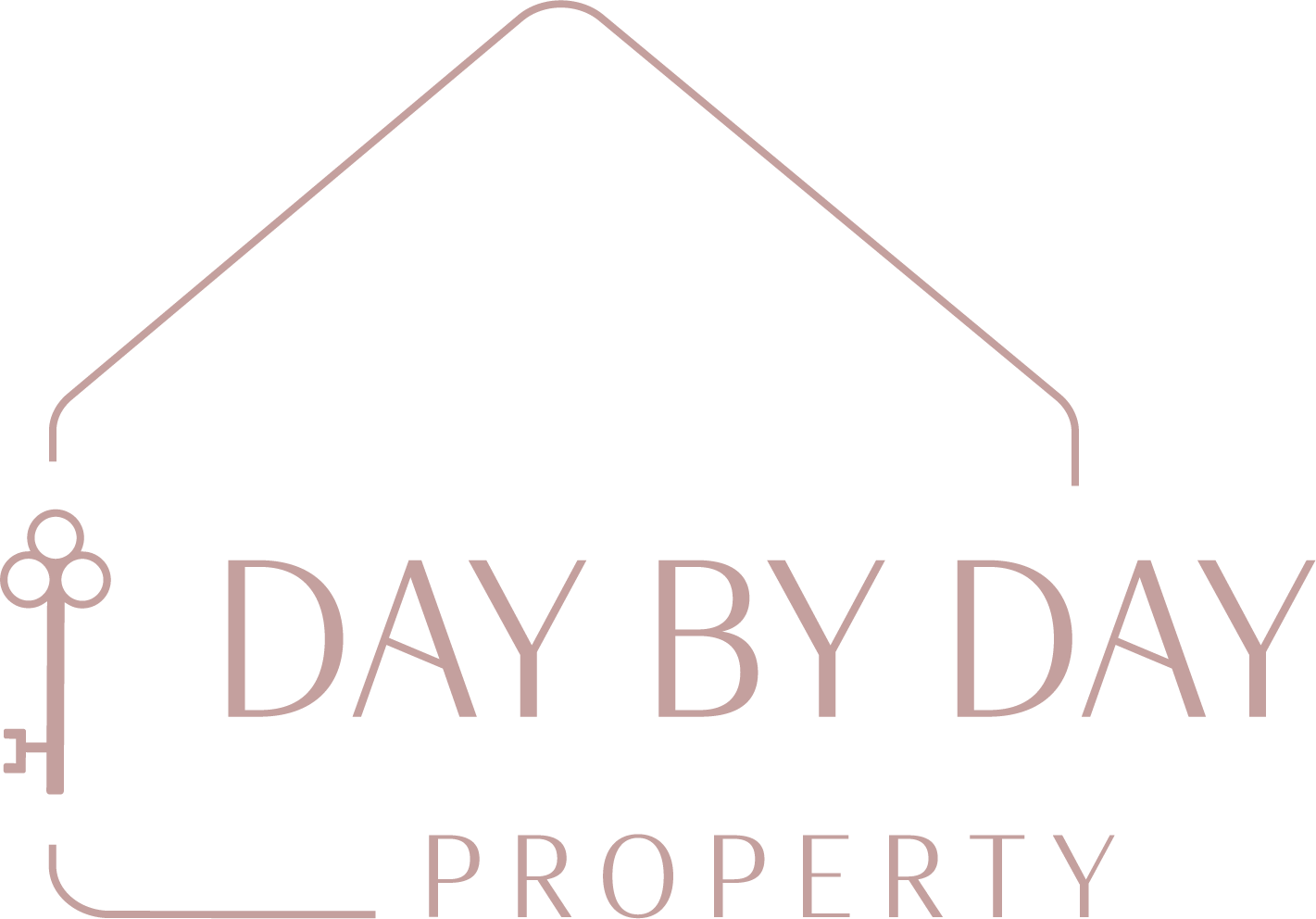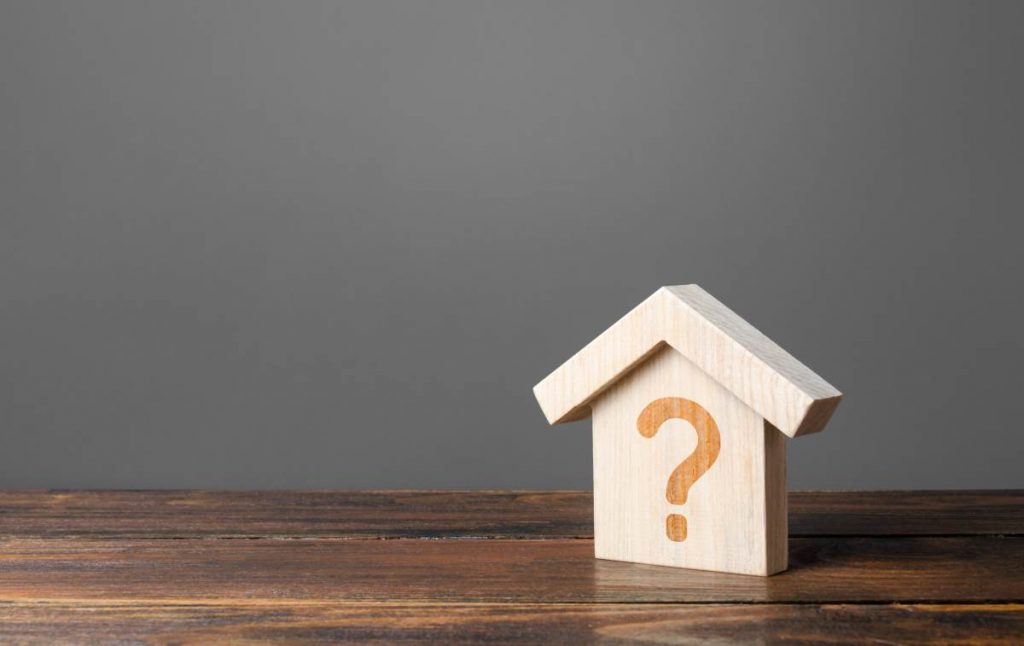Should you sell first, then buy? Or buy first, then sell? Whether it’s time to upsize or downsize, your strategy will need to be carefully thought out to help you find a new home and sell your current home without putting you at a loss. Most people have similar goals when buying and selling a home at the same time: get the highest price possible for your current house, buy a new house as cheaply as possible, and get through the process with as little hassle as possible. But where should you start?
Prepare your home for sale first
The first step you should take before selling your current home is to prepare it for sale. Improving your home with simple DIYs such as a fresh coat of paint, finishing any odd jobs around the home, and repairing any damage will help you get more for it on the market. Making a profit off your current home also depends on how much of the mortgage you’ve paid off. If you can, make extra repayments, pay a little more each time and pay fortnightly rather than monthly so that you can pocket more after the sale.
Deciding whether to sell or buy first
Logically, settlement on your new property should take place a few days before settlement on the old. This will limit the hassles involved in moving from one home to another as you’ll have more time to do so. However, buying and selling a home doesn’t always work out the way we plan it to. Whichever you do first will depend on factors such as whether it is a buyer’s market or a seller’s market, whether you can afford a bridging loan to cover the deposit of your new home, or if you have enough equity to capitalise on the interest.
Selling your home first
Selling your home first means you’ll know exactly how much money you have to spend on your new home, so it makes logical sense to start there. You can always extend the settlement date to allow you more time to find a property to buy. However, you’ll need to make sure you’re prepared to potentially move twice if you need to move out and haven’t purchased a property yet. You may be forced to rent while you’re looking for a new home which means more utility connection costs and time spent packing and unpacking. One of the biggest risks you will face if you sell first is if there is an extended gap between sale and purchase and property prices rise in that time.
Buying your new home first
If you are financially able to, buying your home first has advantages. It can remove the need to rent in the interim period and prevent you from missing out on your dream home if you find it before you sell. However, you might overestimate how much you’ll get when selling your current home or the time it takes to sell your home. If you have bridging finance, you effectively pay off a loan over two properties until your existing home sells which can be very costly.
Before you go ahead and purchase your new dream home or sell your current home first, make sure you understand the potential costs and time involved with each.

